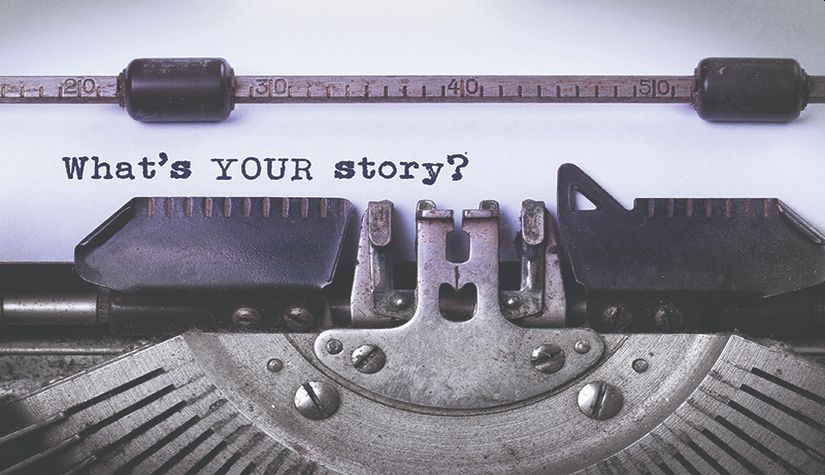I was wondering, “what after externalization?”, not that there is a logical progression or sequence to maps of narrative practice, but once we have successfully externalized a problem story, what do we do next? Are we left with a person with nothing, a vacuum? Not that a person is made up of a singular story, we are multi-storied, its only that some are hidden and some are on the fore. With re-authoring, we try to make sense of the past and present events of our life that helps us to interpret these events in a way that empowers us. We re-author stories around a particular empowering theme and weave a preferred narrative.
Stories, especially identity stories, influence how we feel, think and behave. It has a great impact on our hopes and dreams, it affects our sense of self and our relationships and shapes our identities. Narrative therapy’s re-authoring map helps in constructing an alternate story with the help of right questioning to discover and bring to life a self-enhancing dormant story. Re-authoring means to discover and link these ‘quiet’ unnoticed dormant stories by probing into events around a theme, across time, and in a particular sequence.
I explored one of my dominant identity stories, story of being a ‘failure’ for not achieving ‘social milestones’ and expected ‘material wealth’. Classical cognitive therapy will label this experience as a thought, “I’m a failure”, and attribute my feelings of despair and sadness to me holding this thought tightly. When I deconstruct this experience with a narrative map, there is a lot more to it than the attributed abstract thought. There is a whole backstory to this ‘failure’ narrative with peculiar experiences, series of events across time, linked around a theme of ‘failure’.
Classical cognitive therapy will help me to find evidences otherwise, it will help me explore situations and events where “I’m not a failure” and how “I am not a total failure but only a person who has failed at particular events”. It helps, but it ends up ignoring the whole narrative, events, situations, people involved in constructing this problem story, temporal location of the development of problem theme and most importantly it doesn’t help uncover a powerful dormant narrative fueled by implicit values and strengths that lead me to make certain life choices which were more local, preferred and closer to me: a story of ‘self-discovery’.
The ‘failure’ narrative exists only in the light of dominant social discourse, a problematic singular way of looking at things, but not from the lens of non-problematic preferred local narrative. A preferred narrative is weaved by re-authoring and linking many local stories. I am still in a process of authoring and negotiating my story of ‘self-discovery’ by weaving it around personal values of ‘determination, freedom, and creativity’.
Do you want to re-author your story?
Call: +91 702 144 0454 or WhatsApp to make an appointment!

